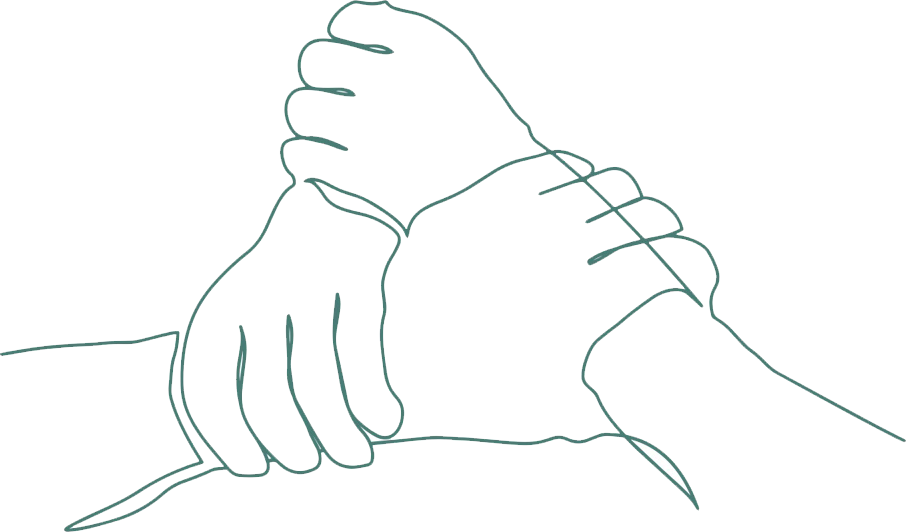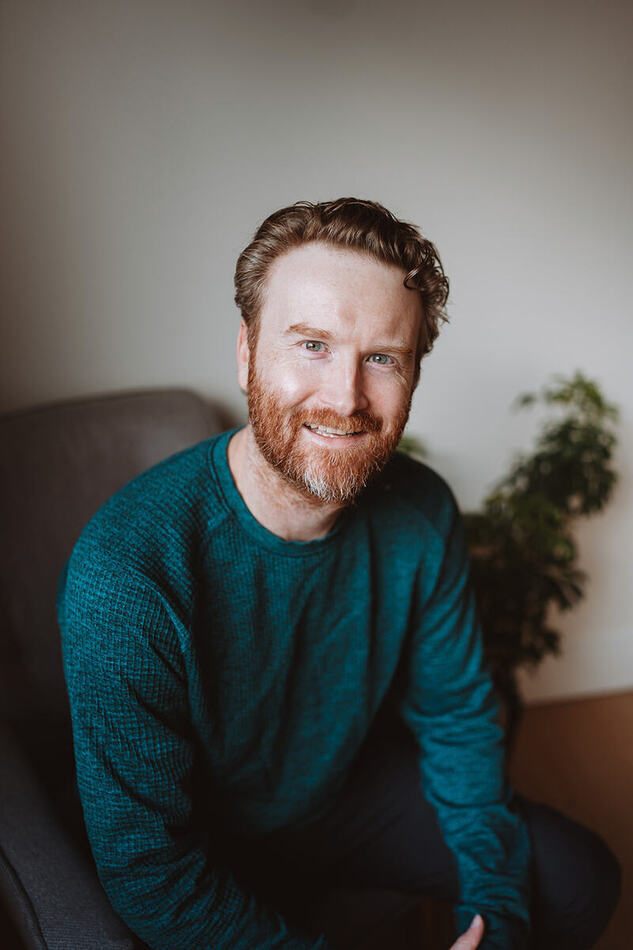
Mark Chase
Mark Chase
Clinical Counsellor and Associate
BSc, MA, RCC
Mark is now an associate at Living Bridges Therapy, and he is eager to support ALL those in need – not just athletes. Many have acclaimed that Mark – who is patient and kind – has a calming presence and natural ability to assuage client fears and the intensity of their problems. Mark strives to create a safe and comfortable environment built on trust, transparency, honesty, and respect. Mark supports clients in developing ways to understand and regulate their nervous systems, providing them with skills and strategies to deal with distress and discomfort. Mark’s counselling philosophy aligns with a popular Navy Seal quote: “Under pressure, you don’t rise to the occasion, you sink to the level of your training.” The work – or training – that clients complete in counselling helps to prepare them for future challenges, strengthening their resiliency and improving their ability to cope. ‘Training’ can be difficult, but the work completed in counselling is an investment in oneself and their future. For youth athletes, counselling helps process experiences, enhance self-awareness, prioritize goals, identify values, explore one’s personal identity outside of sport, expand perspectives, and develop, improve and/or restore coping skills and depleted resources.
Mark is a person-centred, trauma-informed clinician who – perhaps due to his many years as a coach – is exceptional at motivational interviewing. He also draws on principles of Gestalt, Internal Family Systems (“parts” work),and Cognitive Behavioural therapies. Additionally, Mark holds a Level II certification in Observed Experiential Integration (OEI),an innovative, neurobiological treatment for psychological trauma, dissociative disorders, eating disorders, substance use disorders, and anxiety disorders (read more about this form of therapy on our blog entitled OEI). Preliminary evidence has also demonstrated OEI’s effectiveness in helping athletes reach optimal performance and personal well-being (Wall et al., 2014). In his current work with athletes, Mark utilizes video footage of games or practices to target client identifications of cognitive, emotional, and/or physical disturbances related to performance (e.g., perceived failure and/or self-blame),followed by application of OEI techniques to desensitize the associated distress and alleviate negative distortions of self and/or others. Mark utilizes OEI’s “bottom-up” processing and “top-down” reflection approach with clients – exploring and attending to clients’ somatic responses to situations and their body’s association to or influence on thoughts and emotions, complemented by uncovering meaning from increased self-awareness. Mark is committed to supporting regulation and awareness of more than just the mind, and he provides the space and time for healing and committed action to occur.
In his practice, Mark is eager to work with youth (ages 12-25),adults, athletes of all sports (ages 10 & up),coaches, and sport officials seeking help for the following issues:
- Relationships
- Sport performance
- Abuse
- Fear of failure
- Social conflict
- Athlete burnout
- Athlete injuries & transitions
- Self-issues (e.g., worth, concept, identity, esteem, and efficacy)
- Perfectionism
- Men’s health
- Divorce
- Jealousy & Anger
- Depression & Anxiety
- Peer relationships
- Risky behaviours
- Grief & Loss
- Coping skills
- Life transitions
- Trauma
- Attachment
Mark’s additional trainings include:
- Applied Suicide Intervention Skills Training (ASIST – Registered for February 2023)
- Mental Health First Aid (2023)
- Skillfully Responding to Distress (2023)
- San’Yas Indigenous Cultural Safety (2022)
- The Role of the Athlete Support Personnel (2022)
- True Sport Clean (2022)
- Mental Health in Sport (2022)
- Safe Sport (2022)
- Mental Health in Hockey (2021)
- NCCP Sport Nutrition (2021)
- Supporting Positive Behaviours (2021)
- Leading Drug Free Sport (2021)
- Understanding Teen Dating Violence (2021)
- Making Head Way in Sport (2021)
- Welcoming all Abilities (2021)
- Respect in Sport for Activity Leaders (2021)
To book an appointment with Mark Chase, click the button below.

